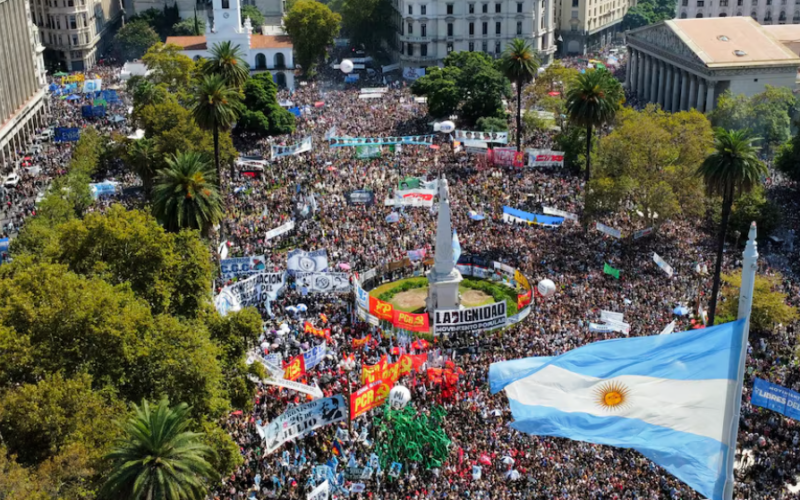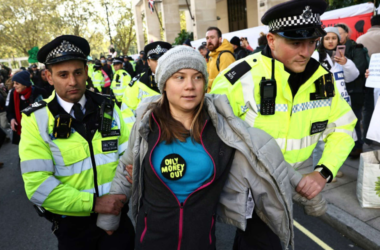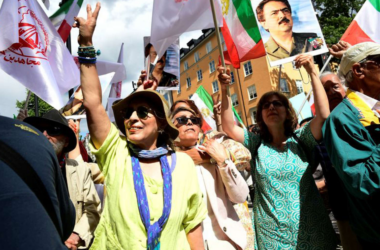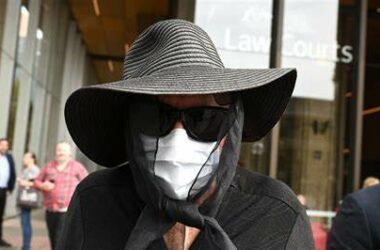Argentines across the country gathered on Sunday to mark the anniversary of the 1976 military coup, a significant event that lasted eight years and ushered in a period of widespread repression, torture, and disappearances. Thousands joined local and human rights groups in Buenos Aires and other cities, participating in marches, waving banners, singing songs, and honoring the memory of those who suffered and lost their lives during the dictatorship.
Human rights organizations estimate that approximately 30,000 individuals were kidnapped, tortured, and murdered during the military regime between 1976 and 1983. The victims were predominantly opposition members, union activists, students, and even infants who were forcibly taken and clandestinely sold or illegally adopted.
Reflecting on the significance of the commemoration, Rolando Gutierrez, a 45-year-old teacher participating in the march in Buenos Aires, emphasized the importance of remembering the atrocities of the past to prevent their recurrence in the future.
However, this year’s anniversary demonstration coincided with the presidency of Javier Milei, an ultraliberal leader who assumed office in December. Critics have accused Milei of downplaying the atrocities committed during the dictatorship, particularly given statements made by his vice president, Victoria Villarruel, in defense of convicted military officers.
Earlier on Sunday, Milei’s government released a video highlighting victims of attacks by a communist group preceding the dictatorship and questioning the official figure of 30,000 disappeared. The move sparked further debate over the country’s dark past, with Milei advocating for a comprehensive approach to historical memory that encompasses all perspectives.
In response to Milei’s stance, Estela de Carlotto, the head of the Grandmothers of Plaza de Mayo, a prominent human rights group, called for legislation to penalize those who deny the atrocities of the dictatorship. She also expressed hope that Milei would reconsider his position on the matter or face public pressure to resign from office.
The commemoration of the coup anniversary serves as a moment of reflection for Argentina, prompting discussions about historical accountability and the importance of preserving collective memory. As the country continues to grapple with its past, the debate surrounding Milei’s remarks underscores the ongoing challenges in confronting and reconciling with traumatic chapters of national history.








